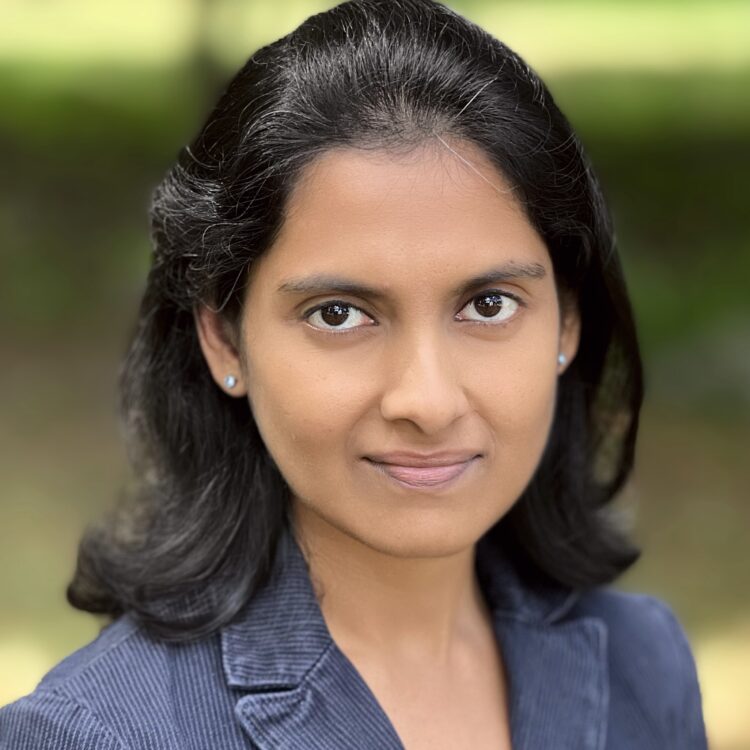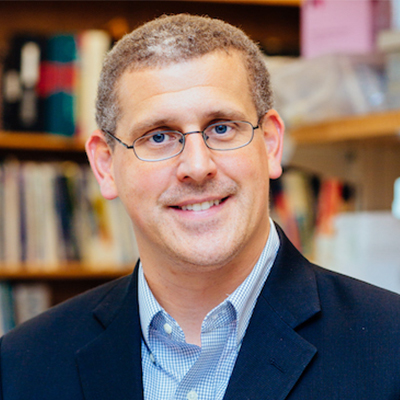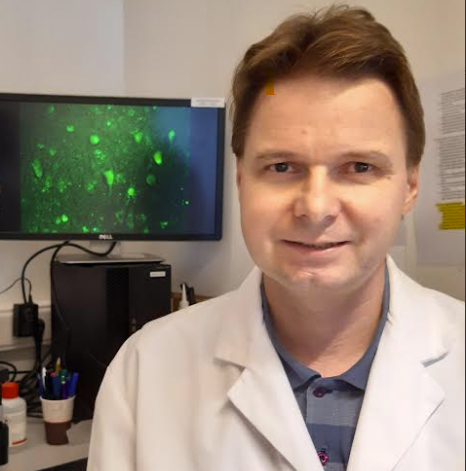2026 PROGRAM
The event was held at the Puerto Rico Convention Center in San Juan.
MONDAY, JANUARY 12, 2026
Keith Johnson, Massachusetts General Hospital, Boston, MA, USA
Christopher Rowe, Austin Health, Melbourne, Australia
Bradley Christian, University of Wisconsin-Madison, Madison, WI, USA
Melissa Murray, Mayo Clinic, Jacksonville, FL, USA
Tobey Betthauser, University of Wisconsin-Madison, Madison, WI, USA
Thomas Karikari, University of Pittsburgh, Pittsburgh, PA, USA
TUESDAY, JANUARY 13, 2026
Neuroimaging in clinical decision making: presentation and interactive discussion of real-world cases to identify evolving research needs
Session Organizers: Tobey Betthauser, Alexa Pichet Binette, Yara Yakoub
Tobey Betthauser, University of Wisconsin-Madison, Madison, WI, USA
Kathleen Poston, Stanford University, Stanford, CA, USA
Alexa Pichet-Binette, University of Montreal, Montreal, Canada
Chairs:
Tobey Betthauser, University of Wisconsin-Madison, Madison, WI, USA
Kathleen Poston, Stanford University, Stanford, CA, USA
Heidi Jacobs, Massachusetts General Hospital, Boston, MA, USA
William Jagust, University of California, Berkeley, Berkeley, CA, USA
Jamie Eberling, Michael J. Fox Foundation for Parkinson's Research, New York, NY, USA
Robert Mach, University of Pennsylvania, Philadelphia, PA, USA
Chuck Kreisl, Eisai, Washington DC, USA
David Morgan, Michigan State University, Grand Rapids, MI, USA
WEDNESDAY, JANUARY 14, 2026
Sterling Johnson, University of Wisconsin-Madison, Madison, WI, USA
Sylvia Villeneuve, McGill University, Montreal, QC, Canada
Annie Cohen, University of Pittsburgh, Pittsburgh, PA, USA
Trey Hedden, Icahn School of Medicine at Mount Sinai, New York, NY, USA
Christopher Van Dyck, Yale School of Medicine, New Haven, CT, USA
2026 GUEST LECTURES AND SESSIONS
JOYITA DUTTA, PhD – UNIVERSITY OF MASSACHUSETTS AMHERST
 Dr. Joyita Dutta is a Professor with tenure in the Department of Biomedical Engineering at the University of Massachusetts Amherst. She received her BTech (Honors) from the Indian Institute of Technology Kharagpur and MS and PhD from the University of Southern California. She directs the Biomedical Imaging and Data Science Laboratory (BIDSLab) at UMass Amherst, which develops signal processing and artificial intelligence (AI) techniques for image, graph, and time-series datasets. Her scientific contributions include the development of a broad range of tools for medical image enhancement and reconstruction with a focus on multimodality information integration. Her current research interests include developing AI approaches for the diagnosis and prognosis of Alzheimer’s disease.
Dr. Joyita Dutta is a Professor with tenure in the Department of Biomedical Engineering at the University of Massachusetts Amherst. She received her BTech (Honors) from the Indian Institute of Technology Kharagpur and MS and PhD from the University of Southern California. She directs the Biomedical Imaging and Data Science Laboratory (BIDSLab) at UMass Amherst, which develops signal processing and artificial intelligence (AI) techniques for image, graph, and time-series datasets. Her scientific contributions include the development of a broad range of tools for medical image enhancement and reconstruction with a focus on multimodality information integration. Her current research interests include developing AI approaches for the diagnosis and prognosis of Alzheimer’s disease.
Dr. Dutta was the recipient of the 2016 SNMMI Tracy Lynn Faber Memorial Award and the 2016 IEEE Bruce Hasegawa Young Investigator Medical Imaging Science Award. Dr. Dutta has served as a member of the SNMMI AI Task Force and the Program Chair for the 2022 IEEE Medical Imaging Conference in Milan, Italy. She is the Immediate Past President of the SNMMI Physics, Instrumentation and Data Sciences Council.
Dr. Dutta will present: “The role of AI in neuroimaging for Alzheimer’s disease diagnosis, staging, and prognosis.”
NICHOLAS SEYFRIED, DPHIL – EMORY UNIVERSITY
 Dr. Nick Seyfried is a Professor in the Departments of Biochemistry and Neurology at Emory University and Associate Director of the Emory Center for Neurodegenerative Disease. He has over 20 years of research experience and more than 230 publications in the field of neurodegenerative diseases, particularly Alzheimer’s disease (AD) and related dementias.
Dr. Nick Seyfried is a Professor in the Departments of Biochemistry and Neurology at Emory University and Associate Director of the Emory Center for Neurodegenerative Disease. He has over 20 years of research experience and more than 230 publications in the field of neurodegenerative diseases, particularly Alzheimer’s disease (AD) and related dementias.
At Emory, Dr. Seyfried leads a team that applies proteomics and other multi-omic approaches to both fundamental and translational research. He
currently serves as MPI of NIH-funded research consortia, including the Parkinson’s Disease Biomarker Program (PDBP), which focuses on identifying novel protein biomarkers for Lewy body dementia, and the newly funded Vascular Contributions to Cognitive Impairment and Dementia (VCID) Center Without Walls, which aims to discover therapeutic targets and biomarkers for cerebral amyloid angiopathy.
He serves as Director of the Biomarker Core for the NIH-funded Emory Goizueta Alzheimer’s Disease Research Center (ADRC), where he leads efforts to develop and validate new protein biomarkers in cerebrospinal fluid (CSF) and plasma.
As part of the Accelerating Medicines Partnership for Alzheimer’s Disease (AMP-AD), his team developed a high-throughput proteomic pipeline to analyze thousands of human postmortem brain tissues and biofluids. This work has enabled the classification of brain proteomes into biologically meaningful modules associated with specific brain cell types and clinicopathological phenotypes, with the goal of uncovering early mechanisms and biomarkers for AD.
Dr. Seyfried will present: “Integrated Proteomics for Target and Biomarker Discovery in Alzheimer’s Disease”.
DIETMAR THAL, MD, PhD – KU LEUVEN
 Dr.Dietmar R. Thal, MD, PhD, is a neuropathologist and professor for Neuropathology at KU-Leuven (Belgium) with his main research focus on Alzheimer’s disease. His major interest is the expansion and maturation of protein aggregates in this disorder. He was able to discover phases describing the expansion of amyloid plaque pathology in the human brain. These phases are currently included in the diagnostic criteria for the neuropathological assessment of Alzheimer’s disease (known as “Thal” amyloid phases).
Dr.Dietmar R. Thal, MD, PhD, is a neuropathologist and professor for Neuropathology at KU-Leuven (Belgium) with his main research focus on Alzheimer’s disease. His major interest is the expansion and maturation of protein aggregates in this disorder. He was able to discover phases describing the expansion of amyloid plaque pathology in the human brain. These phases are currently included in the diagnostic criteria for the neuropathological assessment of Alzheimer’s disease (known as “Thal” amyloid phases).
Prof. Thal could show that the current amyloid PET-methods are usually restricted to the detection of moderate – advanced phases of amyloid plaque pathology distribution and, in so doing, represent a valuable tool for diagnosing the symptomatic disease and advanced stages of preclinical AD but not for picking up very early stages of the disease.
In addition, his group was able to show that not only the anatomical expansion of amyloid plaque aggregates plays a role in the pathogenesis of Alzheimer’s disease but also the maturation of the aggregates, meaning that the composition of amyloid plaques, soluble and insoluble amyloid aggregates, and tau lesions changes over time with specific proteins becoming detectable only in the symptomatic cases. Recently, his group showed that tau and TDP-43 aggregates physically interact in AD and that this interaction increases local tau pathology and neuron death, presumably due to an activation of the necroptosis pathway.
Dr Thal will present: “The neuropathological basis of current AD biomarkers: Sensitivity and pathogenetic implications”
ISTAART Collaborations:
Neuroimaging in clinical decision making: presentation and interactive discussion of real-world cases to identify evolving research needs
Session Organizers: Tobey Betthauser, Alexa Pichet Binette, Yara Yakoub
Session Presenters: Petrice Cogswell, Chris Rowe, Gil Rabinovici
Changes in regulatory policy and appropriate use recommendations coupled with approved anti-amyloid therapies have led to neuroimaging increasingly being used in clinical decision making including for differential diagnosis, patient management, treatment qualification, and treatment monitoring for anti-amyloid therapies. Information and experiences from real-world clinical scenarios utilizing neuroimaging to inform clinical decisions provides a valuable resource to identify challenges in implementing qualitative and quantitative neuroimaging in clinical practice and areas of needed research that will address current clinical demands. The goal of this session is to identify neuroimaging research priorities that address current and future clinical needs based on current clinical experiences. This session will feature interactive presentations of real-world clinical cases from expert clinicians with interactive audience polling and discussion at key clinical decision points.
